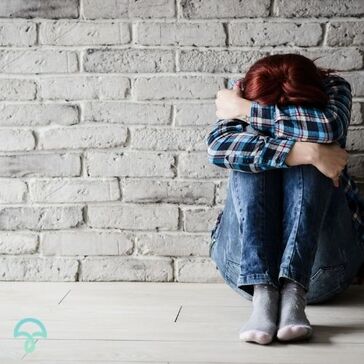What Does ‘Playing the Victim’ Means? In interpersonal relationships, the position of the victim is one of the most popular ones. Everybody pushes, pulls, plays tricks, trips others, uses others, exhausts their resources and their minds, usually unwittingly and unconsciously, and eventually placing themselves in the position of the victim. Why Do People Play the Victim?The main reason that makes the position of the victim so popular comes from within. "I am in the position of the victim" above all means one thing: "I take no responsibility for it, even to myself. The other party is responsible and calls the shots. And if someone owes to the other, it is not me." That is comparable to an irresponsible player who expects to come out as a winner whether they win or lose the game: They win whenever they get what they want. But they also win whenever they don't, because in that case the other is the culprit, the persecutor, and as a result, the victim "requires" compensation. With this psychological strategy, this unconscious trick, anyone who feels that they are the victim seek or conquer two prizes: 1 - On the one hand, they feel free from the responsibility and obligation to address, adapt, change, and take a stand against various moral, emotional and/or practical dilemmas, with all the "trouble" and the impact that these options might have. In other words, they avoid confronting the truth. They avoid dealing with conflicts, naming what they need and defending their decision. 2 - And on the other hand, they are the ones that were treated unfairly, the ones that lost. They have an ace up their sleeve, which they can use later. The other person owes them now. They expect the other to compensate for the harm caused, and that's a powerful position to be in. Playing the Victim Is A GameTo put it simply: It's a game people play. -"I pretend I am weak, and you pretend you save me. You allow me to feel weak, because you feel more powerful. I allow you to take control, because I don't need to do the hard work. If this doesn't work, then ...it's your fault, not mine." -However, we both know that if I had a little bit more space, I could do miracles. We both know that you don't like seeing me as weak and helpless. I don't like it either. But I will overcompensate, when the roles will change: when from victim, I will become the persecutor, and you will feel like the victim, because you couldn't save me. See how I can play around? -Facing the truth hurts. It hurts to change the image I have of myself, the story I tell myself in order to feel better. -I would never want to hear that I am behaving like the victim and that I am unconsciously harvesting great emotional advantages to the detriment of my relationship and of my partner. -But deep inside me I understand that playing the victim and giving the other person the role of the persecutor is not a healthy relationship. It's a relationship that turns every day into a battlefield of blame, guilt, (passive) aggression, anger and suppressed needs. -Yes, one day I will come to the realization that I'm behaving like the victim, but only through a proper procedure that takes time and effort and presupposes awareness of the need to change and willingness to do so. For these reasons, we have a spontaneous tendency when significant tension comes in the relationship, to unconsciously seek the position of the victim, the mistaken fellow, the misunderstood partner. The position of the victim is more comfortable and requires less effort, as mentioned above. This has a large effect that is far from negligible, especially when the relationship turns into a power game. At this point the situation is obvious: to continue the relationship, the game requires that there are two members, both players. What is more relaxing, powerful, and (selfishly seen) more beneficial? Pulling and pushing and trying for both of you or demanding from the other to please you because you "deserve" it, since you are in a weaker position? ... What's Next?
0 Comments
Your comment will be posted after it is approved.
Leave a Reply. |
Therapy |
|
